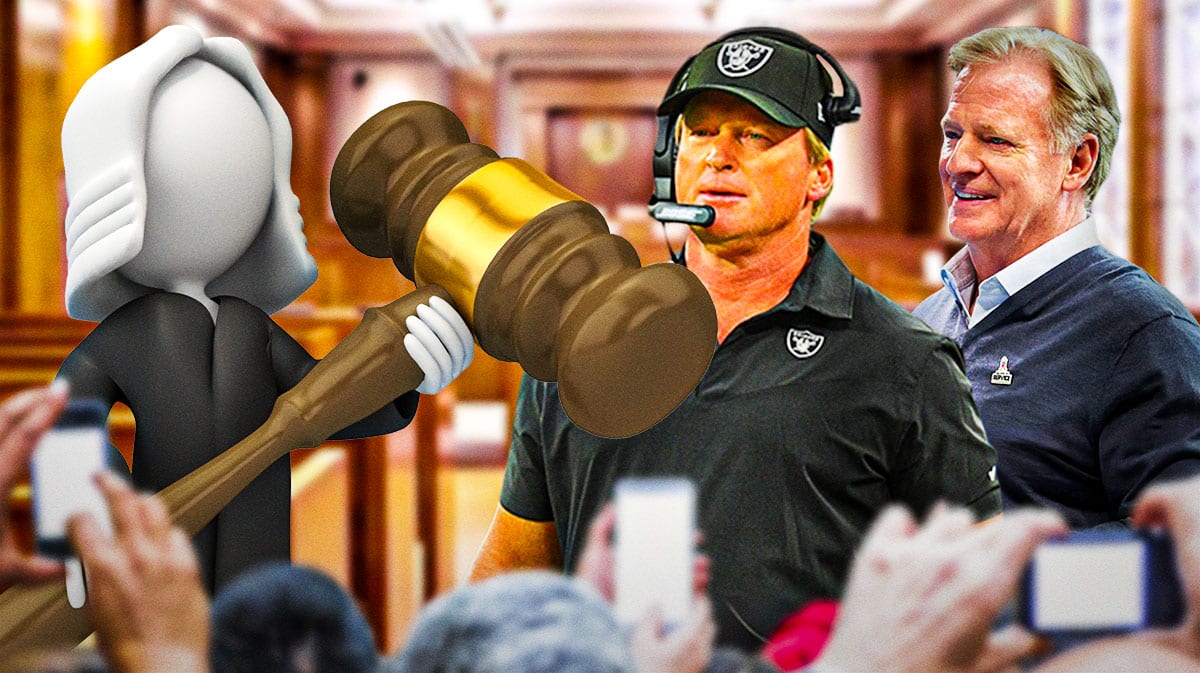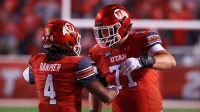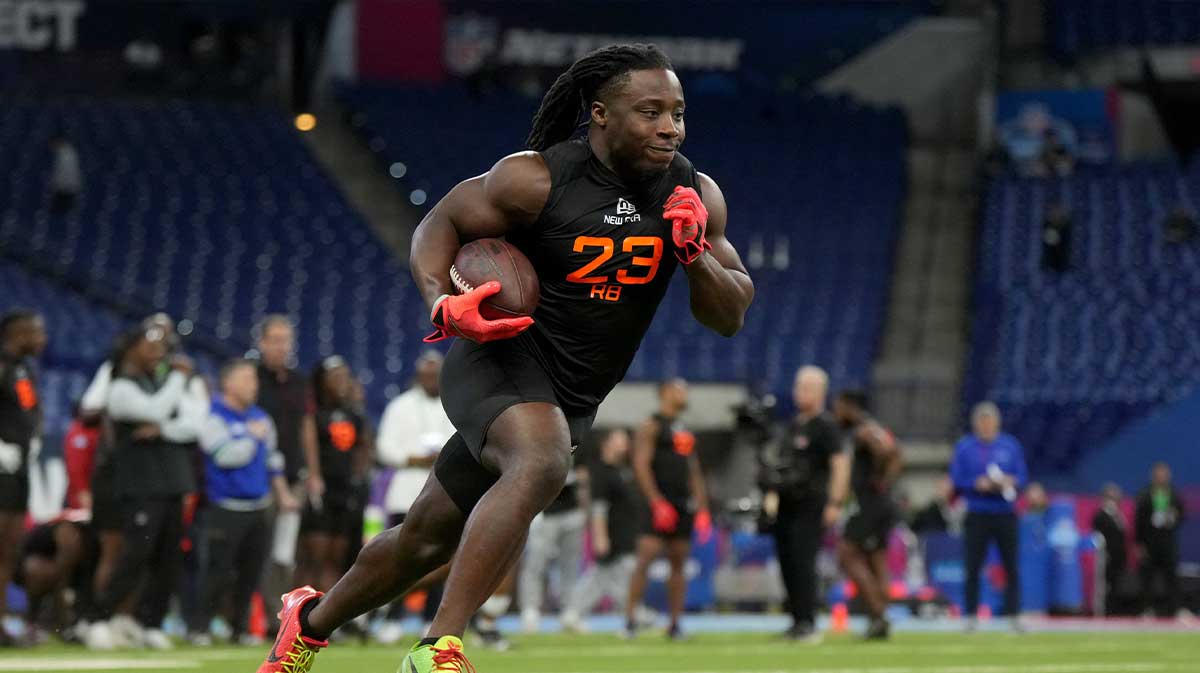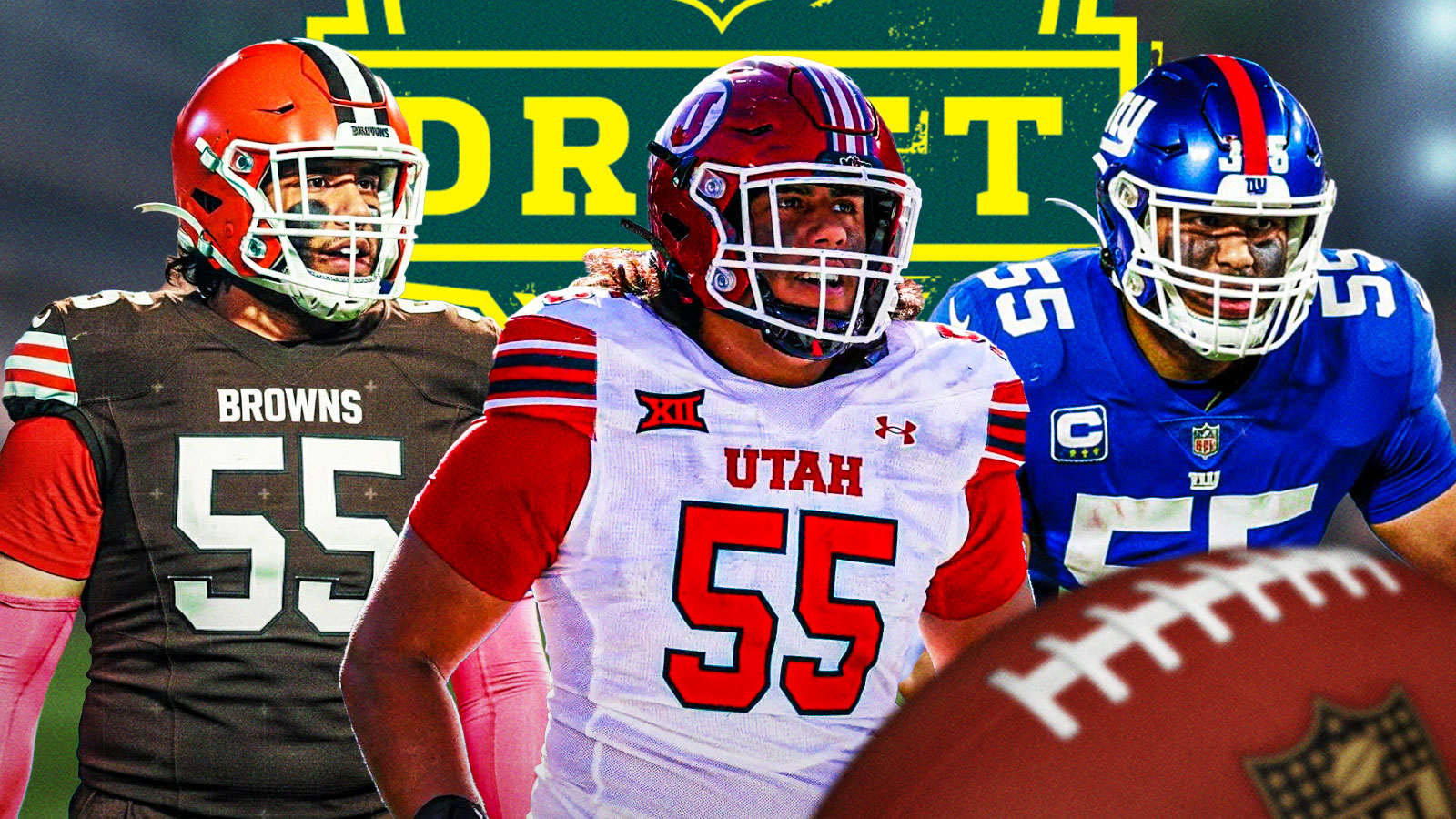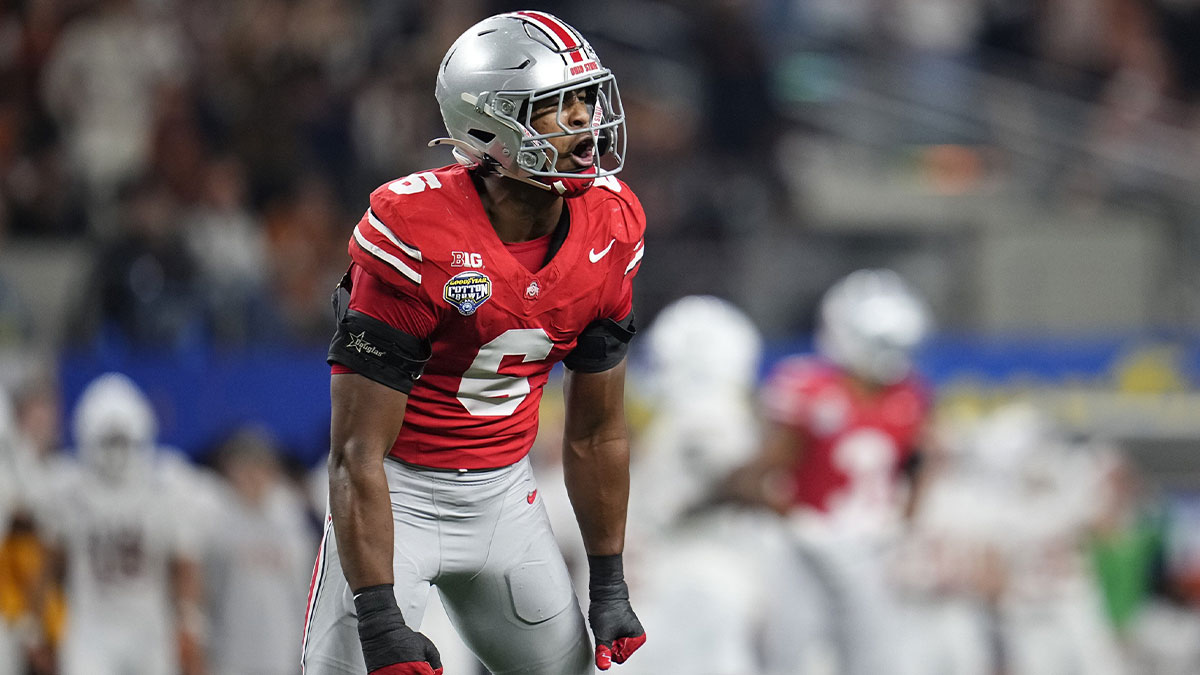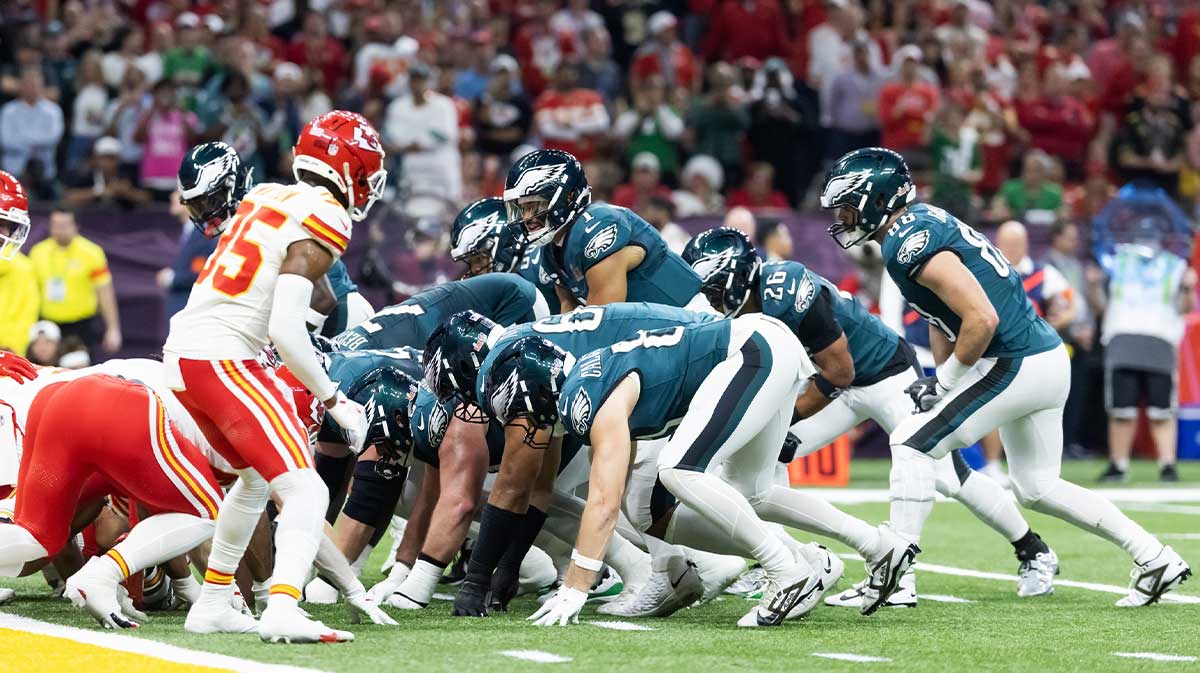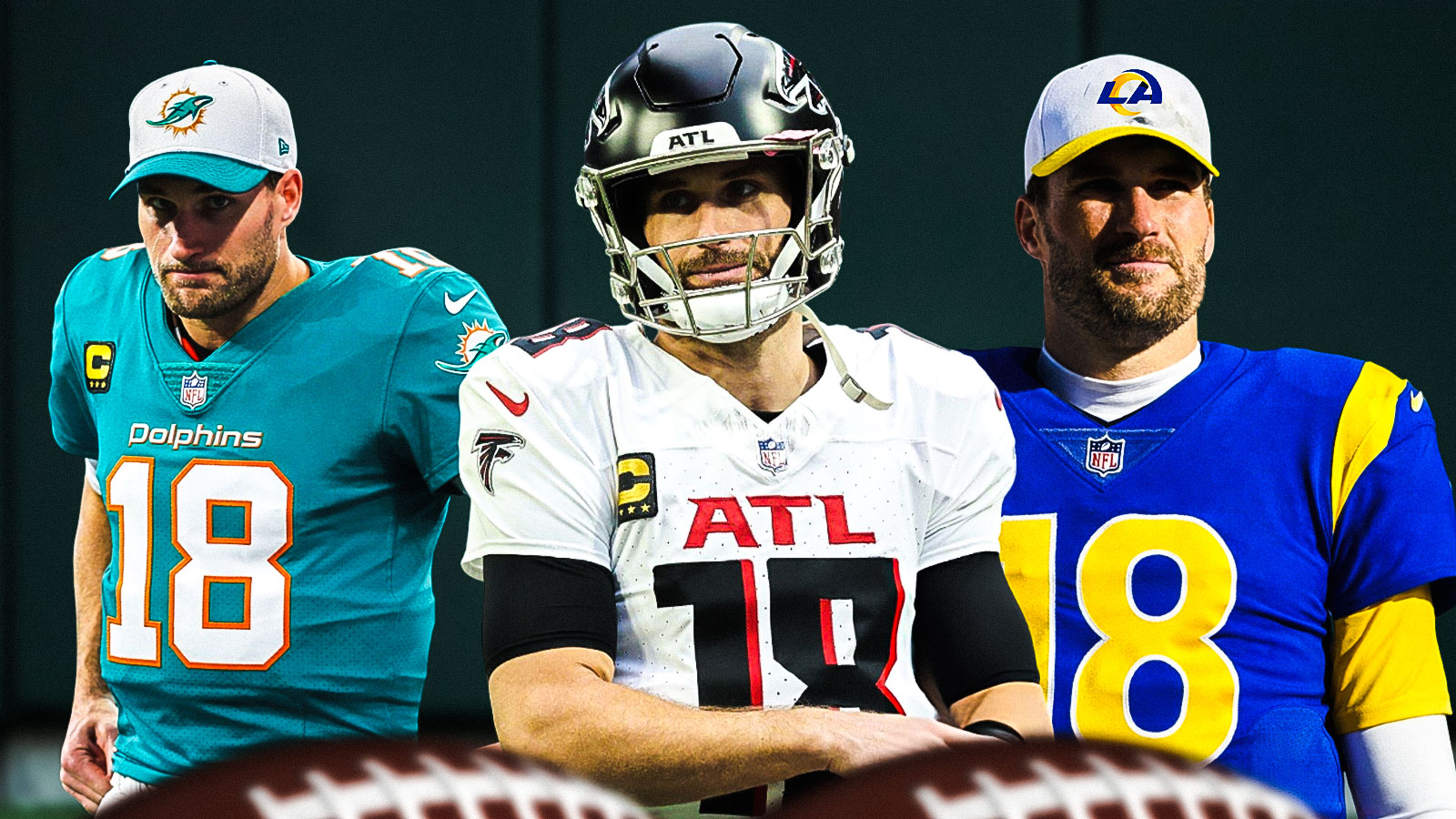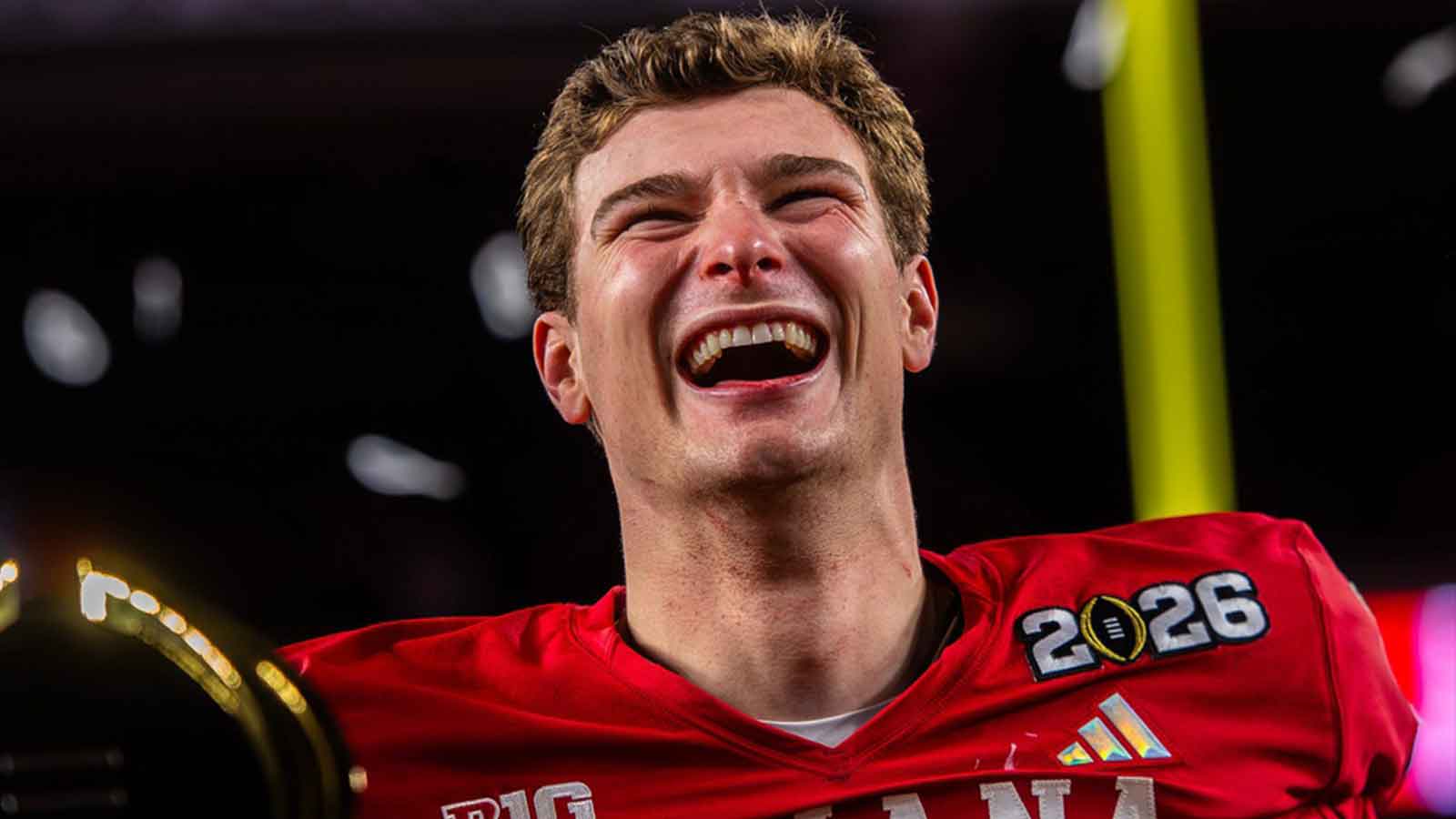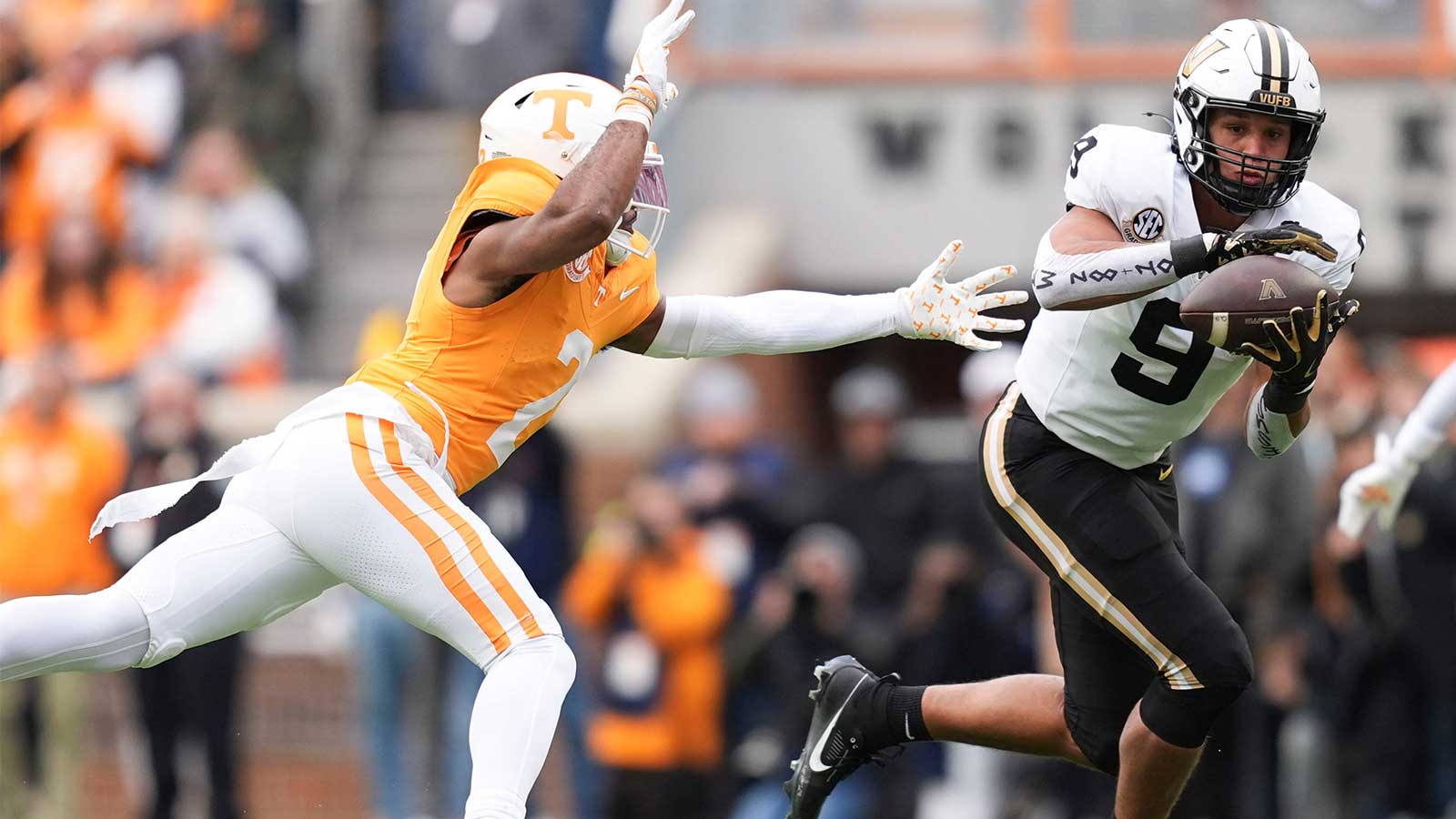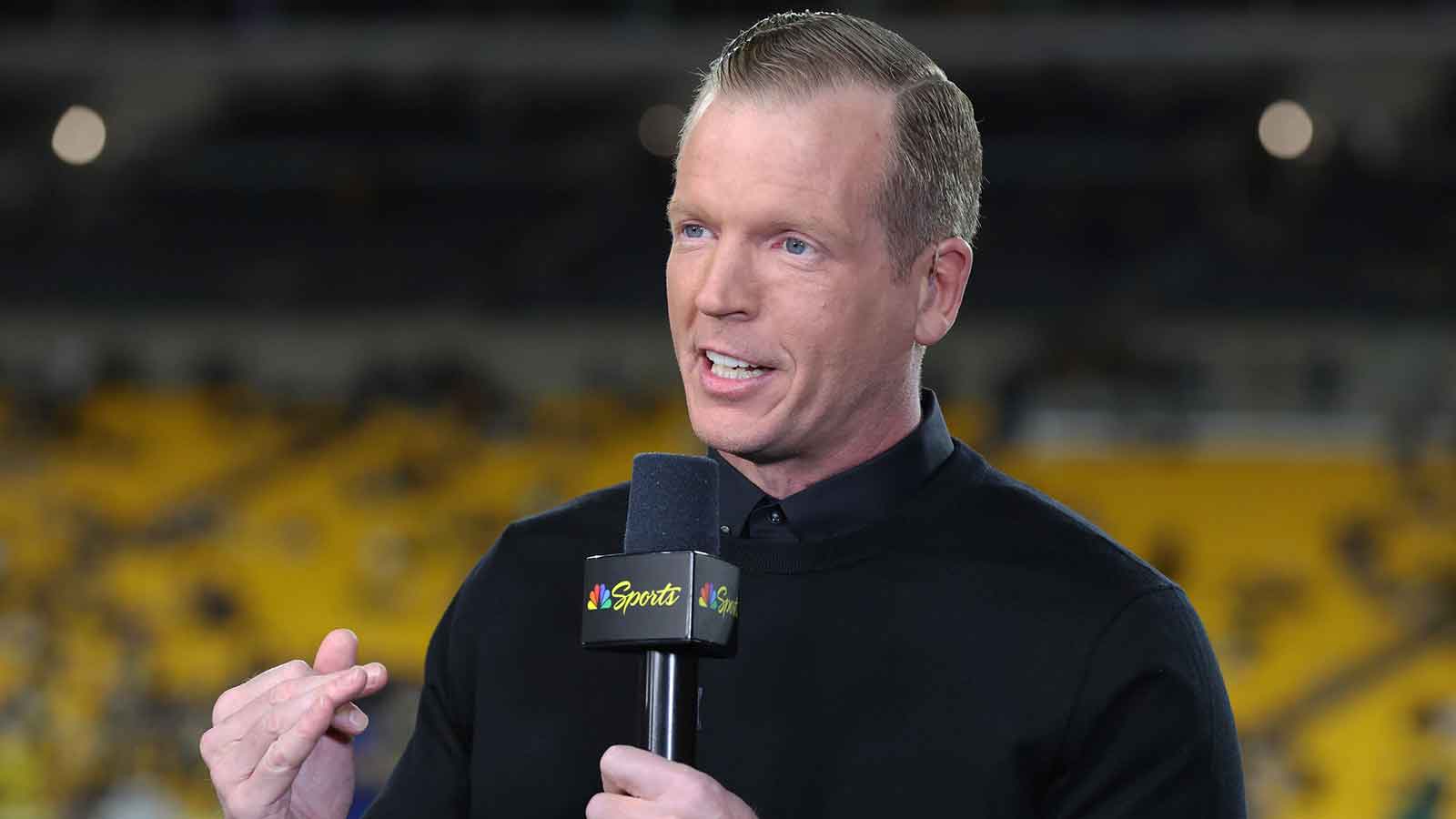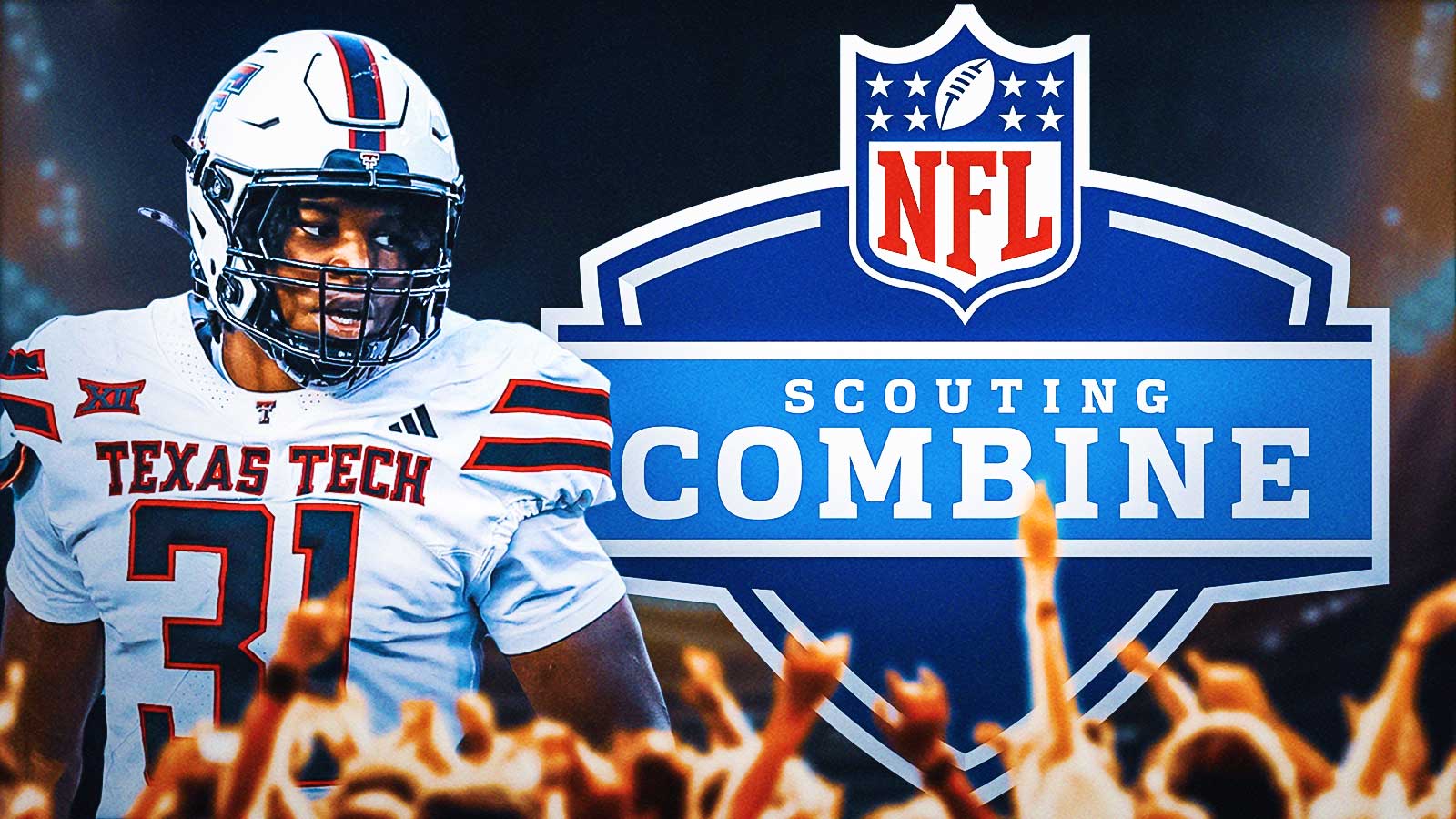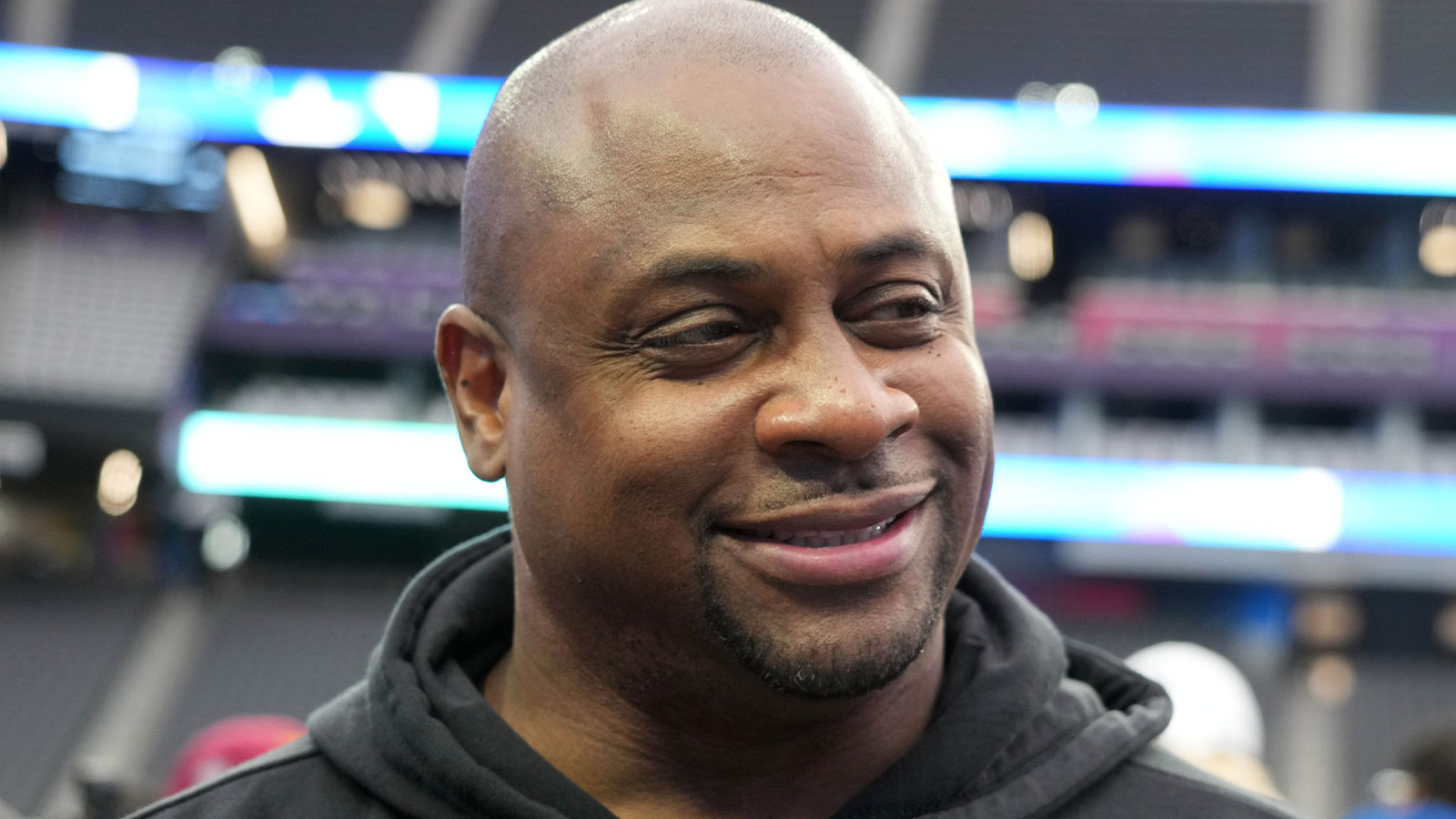The legal saga between Jon Gruden and the NFL has reached a pivotal moment as the Nevada Supreme Court has ruled in favor of the NFL, emphasizing that even former employees like Gruden are subject to arbitration clauses outlined in their contracts (per ESPN). This decision came after a protracted legal battle that centered on allegations of improper conduct by the league and its management. The court's ruling has significant implications for how disputes involving NFL personnel are handled, setting a precedent that could affect many cases in the future.
A three-judge panel of the Nevada Supreme Court made a decisive ruling on Tuesday, stating that Jon Gruden must settle his disputes with the NFL through arbitration rather than in civil court. The justices overturned a lower court's decision, which had previously denied the NFL's motion to compel arbitration. Justices Elissa F. Cadish and Kristina Pickering were in favor of the decision to remand the case back to the lower court with instructions to proceed with arbitration. However, Justice Linda Marie Bell dissented, arguing that the NFL's arbitration clause should not extend to former employees.
Justice Bell highlighted her concerns in her dissent, stating, “I disagree with their conclusion because the facts of this case do not support survival of the clause past the end of Gruden's employment.” This dissent underscores the complexity and nuances involved in the interpretation of contractual obligations post-employment.
Background of the Dispute
Jon Gruden's legal troubles began when his emails containing racist, misogynistic, and homophobic comments were leaked. These emails, which were sent over a period extending before his latest tenure with the Raiders, were uncovered during an NFL investigation into workplace misconduct with the Washington Commanders. Following the leak, Gruden resigned from his position in October 2021 and shortly thereafter filed a lawsuit against the NFL and Commissioner Roger Goodell. Gruden alleged that the NFL and Goodell had selectively leaked his emails to damage his reputation and force him out of his coaching position.
In an interview with ESPN last year, Gruden expressed his frustrations, stating, “The league thought they could cherry-pick emails from years ago, when I wasn't even a coach, and try to end my career.” In response, NFL spokesperson Brian McCarthy asserted that “neither the NFL nor the commissioner leaked Coach Gruden's offensive emails.”
The crux of the legal battle focused on whether Gruden could pursue his claims in court or was bound by the arbitration clause in his contract with the Raiders, which required dispute resolution to be handled internally within the NFL. Gruden’s attorney, Adam Hosmer-Henner, argued that forcing Gruden into arbitration was unfair, especially since the arbitration process would be controlled by the NFL and would not allow public discovery of the facts. He emphasized that the arbitration clause was “buried in a 450-page document that [Gruden] never saw, couldn't negotiate, and had no opportunity to modify,” and that the NFL had “the unilateral ability to change that NFL constitution.”
During the hearings, NFL attorney Kannon Shanmugam defended the league's stance, arguing that the contract clearly stipulated the use of arbitration for disputes. He contested the claims about Goodell’s involvement, labeling the allegations as “completely threadbare” and asserting that there was no substantial evidence linking the commissioner to any wrongdoing related to the leaks.
The Nevada Supreme Court's decision reinforces the enforceability of arbitration clauses, even after an individual’s direct involvement with an organization has ended. This ruling is particularly significant in the sports industry, where contracts often include clauses that limit the resolution of disputes to internal mechanisms rather than through public litigation. The decision not only impacts Gruden and his legal team but also sets a legal precedent that could influence future disputes involving NFL coaches, executives, and potentially other employees.
With the court's decision directing the case to arbitration, Jon Gruden faces a challenging path ahead. The arbitration process will likely be less transparent than court proceedings, with fewer opportunities for public disclosure of evidence. This could potentially disadvantage Gruden, who has expressed concerns about the fairness of the NFL-controlled arbitration process.
The Nevada Supreme Court's ruling in favor of the NFL over Jon Gruden marks a significant moment in sports law, demonstrating the power and reach of arbitration clauses in employment contracts. As this high-profile case moves back to the arbitration table, it will continue to be a key subject of discussion among legal experts, sports professionals, and the public. This case not only resolves a dispute between a high-profile coach and the NFL but also shapes the legal landscape for future employment disputes within the sports industry.

